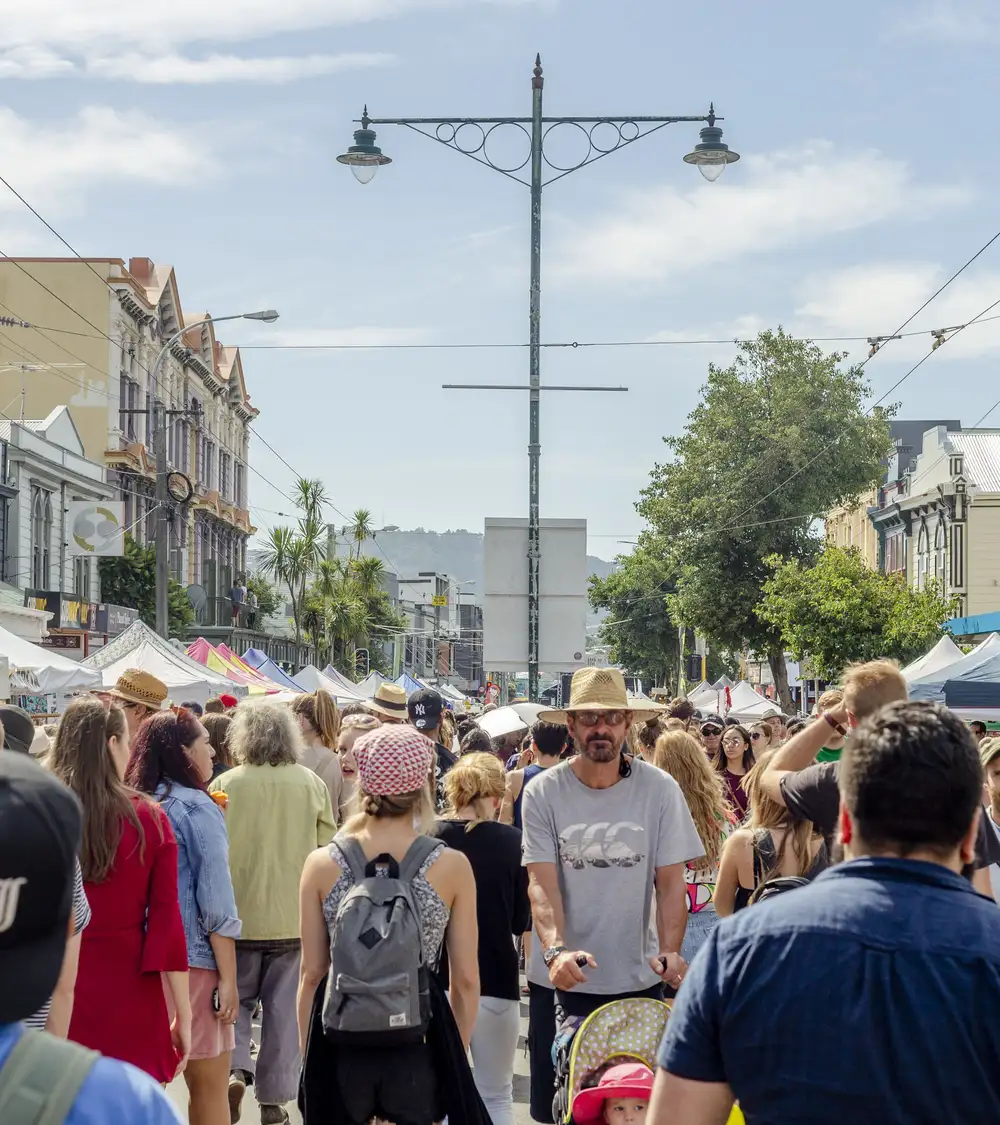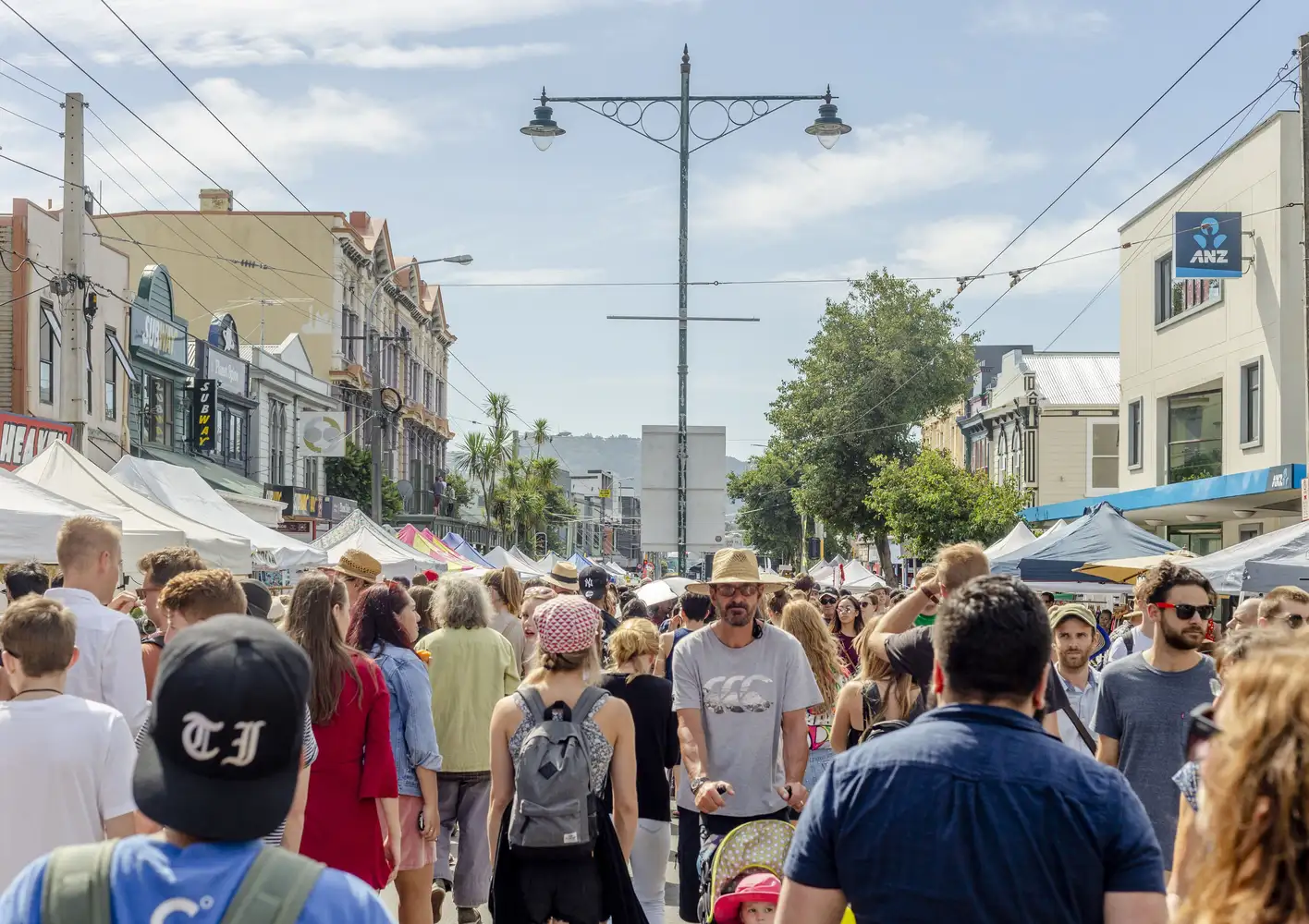Submissions reveal a new way to govern New Zealand



21 September 2020
LGNZ has released public feedback on its localism discussion paper, “Reinvigorating Local Democracy.”
Local Government New Zealand (LGNZ) has released public feedback on its localism discussion paper, “Reinvigorating Local Democracy,” showing New Zealanders are frustrated with our country’s highly centralised model of government, and want a greater say in the policies that affect their lives.
LGNZ is the peak body representing New Zealand’s 78 local councils, providing a unified voice for the sector and a pathway for continuous improvement through CouncilMARK™.
The findings follow on from LGNZ’s position paper on localism that was published in 2018, the subsequent Localism Symposium, and the release of “Reinvigorating Local Democracy” at LGNZ’s annual conference in July last year.
LGNZ received 40 detailed submissions on the “Reinvigorating Local Democracy” report, including from individuals, community groups and councils.
“This research is hugely important because it gets to the heart of our democratic well-being,” said LGNZ President Stuart Crosby. “Everyday people want to have a real say in how their communities are run, but find it challenging to have their voices heard when more and more decisions are being made by Government agencies in Wellington.”
While the feedback was supportive about engaging in a discussion about democratising decision making in New Zealand, how this was achieved was more varied and there was a strong emphasis on careful “evolution” as opposed to regulatory “revolution”.
Roughly a quarter of submitters, while supporting the principle of moving decision making closer to the respective regions, wanted to see local councils increase their capacity and capability in specific areas before taking on further responsibilities.
In particular, submitters said that any transfer of roles and responsibilities from central to local government should be reliant on councils being able to show that they not only have the ability to take them on, but the accountability and transparency systems to assess whether the transfer results in a net benefit.
“When we talk about devolution, we’re talking about putting decision-making back in the hands of communities, not councils. Therefore we need to strengthen the way councils engage with their communities to ensure that happens.”
Cost shifting was also raised by many submitters, who rightly identified the increase in unfunded mandates being passed from central to local government was placing a cost burden on ratepayers without being transparent and accountable about the process.
“Devolution could be at turning point in reversing Northland’s growing regional inequality,” submitted Northland Regional Council. “However, our support is conditional on an end to cost shifting and unfunded mandates.”
Submitters also had suggestions for addressing the challenges of capability and capacity if there was an increasing in decentralisation.
These included the establishment of more community and local boards, increasing the role of elected members and communities in the development of Long Term Plans, increasing the size of governing bodies to allow for more representation, and requiring councils to introduce more inclusionary forms of decision-making, such as participatory budgeting.
The Report is intended to inform LGNZ’s advocacy and policy priorities as it advocates for a stronger role for councils and their communities in the governance of their respective cities, districts and regions.